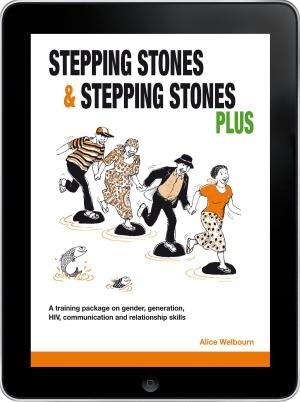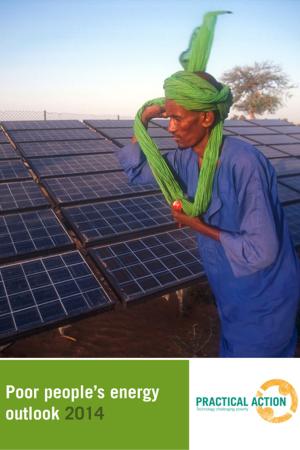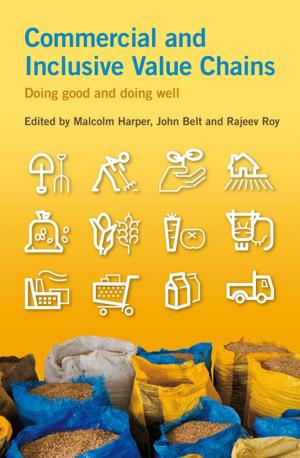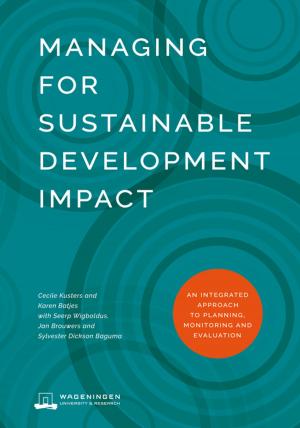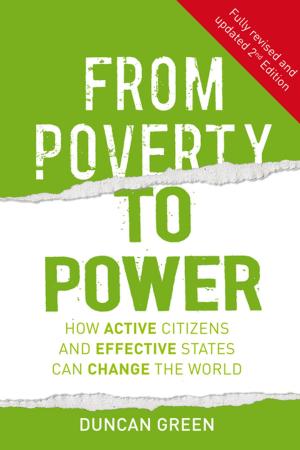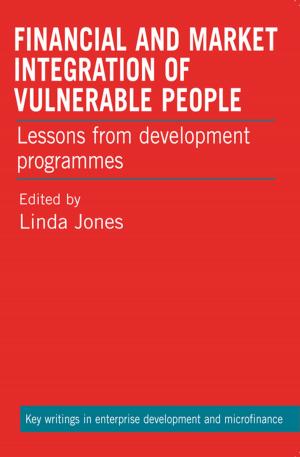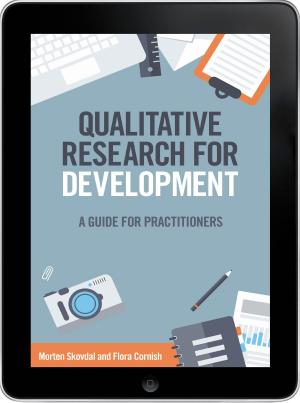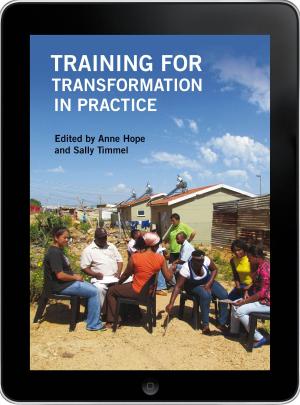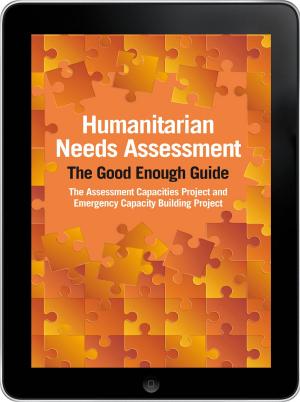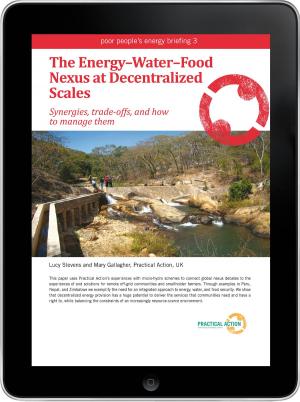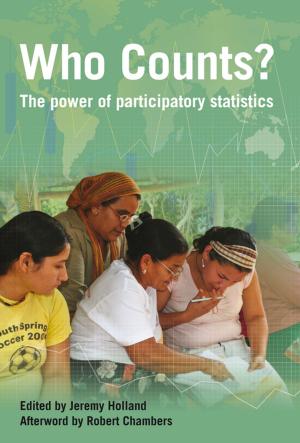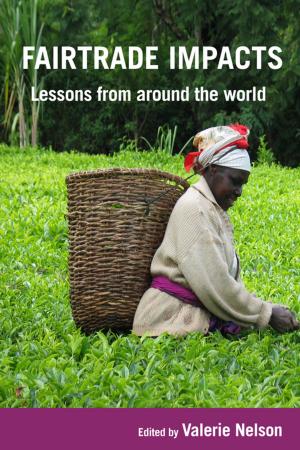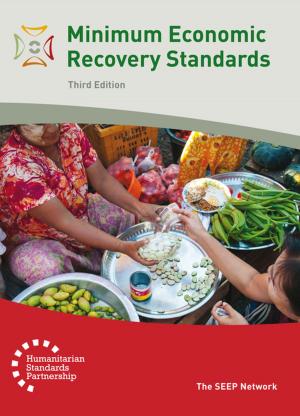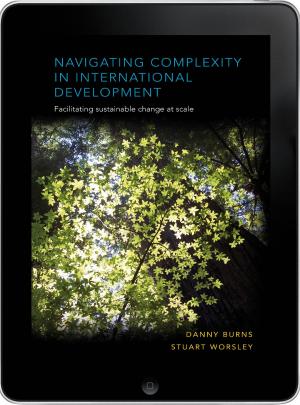What Works for Africa's Poorest
Nonfiction, Reference & Language, Reference, Social & Cultural Studies, Social Science| Author: | ISBN: | 9781780448442 | |
| Publisher: | Practical Action Publishing | Publication: | February 15, 2017 |
| Imprint: | Practical Action Publishing | Language: | English |
| Author: | |
| ISBN: | 9781780448442 |
| Publisher: | Practical Action Publishing |
| Publication: | February 15, 2017 |
| Imprint: | Practical Action Publishing |
| Language: | English |
Although great strides have been made, Africa still lags behind other parts of the world in the reduction of poverty. We now know that the poorest people rarely benefit from poverty reduction programmes, and this is especially true in some countries of sub-Saharan Africa. Microfinance programmes, for example, that can help many poor people improve their lives do not generally reach the poorest people – casual labourers in remote rural areas, ethnic and indigenous minorities, older people, widows, migrants, bonded labourers and others. As a result, NGOs and donors have started to mount programmes explicitly targeting the extreme poor, the poorest and the ultra-poor. This book follows on from What works for the Poorest: Poverty Reduction Programmes for the World's Extreme Poor and examines such initiatives in Africa. Through a set of carefully selected papers it questions why the poorest often do not benefit from poverty reduction and growth policies, analyses innovative ultra-poor programmes from around the continent, and explores the lessons that emerge from this new and important body of knowledge. What Works for Africa's poorest: poverty reduction programmes for extremely poor people contains a unique cross-section of country-specific case studies from across SSA, combined with cross-country analyses of important programmes, written by practitioners, academics and advisers. It is essential reading for researchers and students studying poverty in international development and for policy makers and programme managers involved in poverty reduction programmes.
Although great strides have been made, Africa still lags behind other parts of the world in the reduction of poverty. We now know that the poorest people rarely benefit from poverty reduction programmes, and this is especially true in some countries of sub-Saharan Africa. Microfinance programmes, for example, that can help many poor people improve their lives do not generally reach the poorest people – casual labourers in remote rural areas, ethnic and indigenous minorities, older people, widows, migrants, bonded labourers and others. As a result, NGOs and donors have started to mount programmes explicitly targeting the extreme poor, the poorest and the ultra-poor. This book follows on from What works for the Poorest: Poverty Reduction Programmes for the World's Extreme Poor and examines such initiatives in Africa. Through a set of carefully selected papers it questions why the poorest often do not benefit from poverty reduction and growth policies, analyses innovative ultra-poor programmes from around the continent, and explores the lessons that emerge from this new and important body of knowledge. What Works for Africa's poorest: poverty reduction programmes for extremely poor people contains a unique cross-section of country-specific case studies from across SSA, combined with cross-country analyses of important programmes, written by practitioners, academics and advisers. It is essential reading for researchers and students studying poverty in international development and for policy makers and programme managers involved in poverty reduction programmes.

